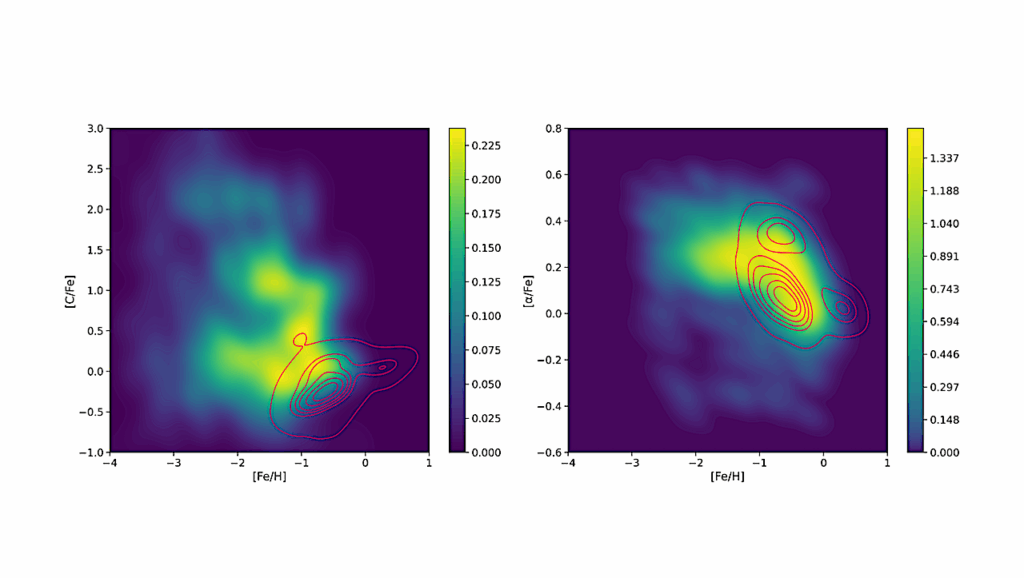The Effect of Accretion Rate and Composition on the Structure of Ice-rich Super-Earths

It is reasonable to assume that the structure of a planet and the interior distribution of its components are determined by its formation history. We thus follow the growth of a planet from a small embryo through its subsequent evolution.
We estimate the accretion rate range based on a protoplanetary disk model at a large enough distance from the central star, for water ice to be a major component. We assume the accreted material to be a mixture of silicate rock and ice, with no H-He envelope, as the accretion timescale is much longer than the time required for the nebular gas to dissipate. We adopt a thermal evolution model that includes accretional heating, radioactive energy release, and separation of ice and rock. Taking the Safronov parameter and the ice-to-rock ratio as free parameters, we compute growth and evolutionary sequences for different parameter combinations, for 4.6 Gyr.
We find the final structure to depend significantly on both parameters. Low initial ice to rock ratios and high accretion rates, each resulting in increased heating rate, lead to the formation of extended rocky cores, while the opposite conditions leave the composition almost unchanged and result in relatively low internal temperatures. When rocky cores form, the ice-rich outer mantles still contain rock mixed with the ice.
We find that a considerable fraction of the ice evaporates upon accretion, depending on parameters, and assume it is lost, thus the final surface composition and bulk density of the planet do not necessarily reflect the protoplanetary disk composition.
Michael Lozovsky, Dina Prialnik, Morris Podolak
Subjects: Earth and Planetary Astrophysics (astro-ph.EP)
Cite as: arXiv:2206.12861 [astro-ph.EP] (or arXiv:2206.12861v1 [astro-ph.EP] for this version)
Submission history
From: Michael Lozovsky
[v1] Sun, 26 Jun 2022 12:42:52 UTC (4,594 KB)
https://arxiv.org/abs/2206.12861
Astrobiology, Astrochemistry,








